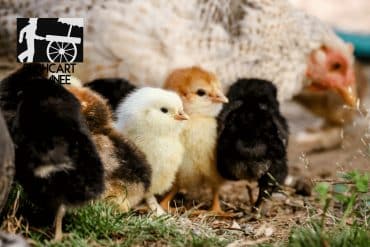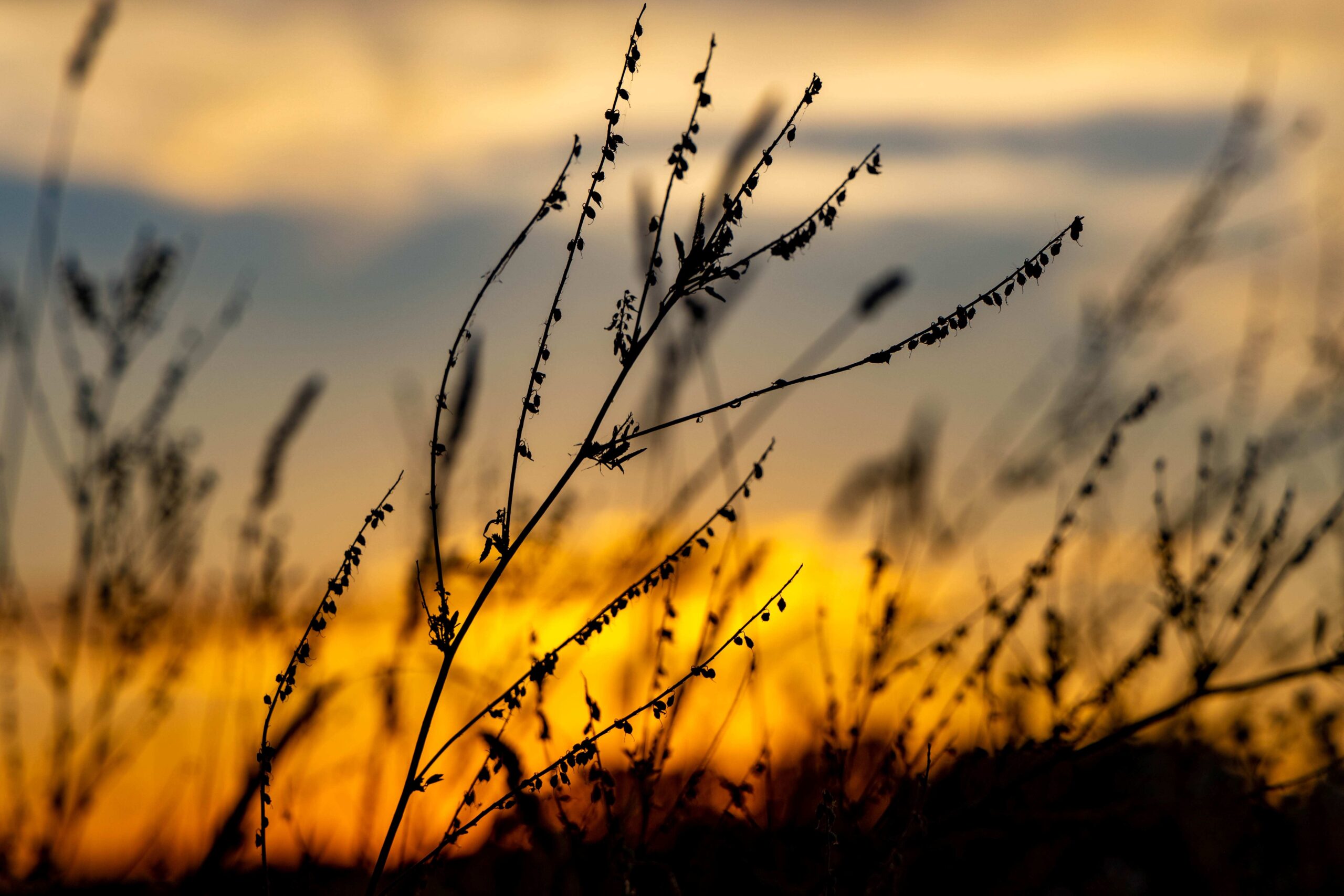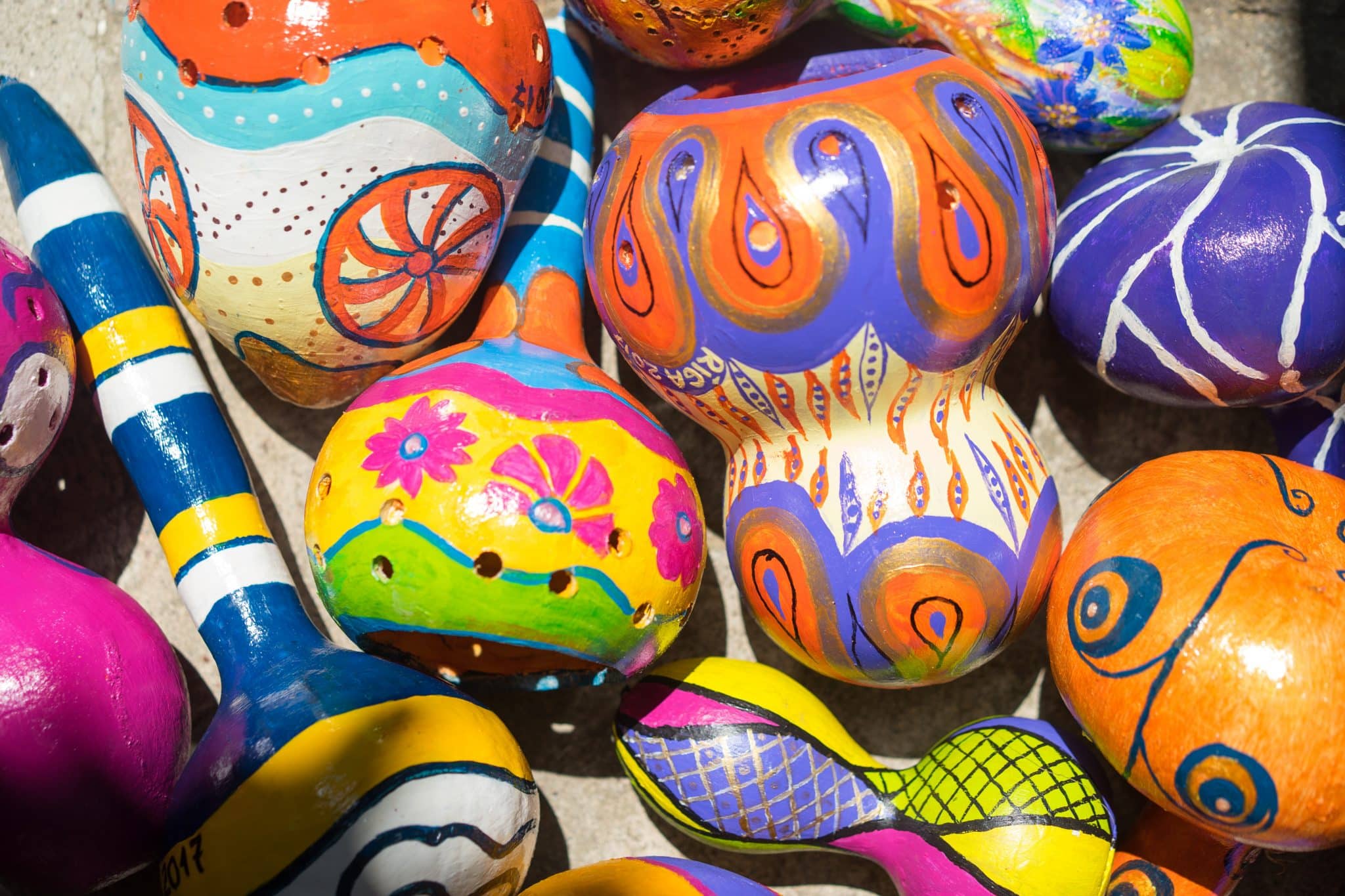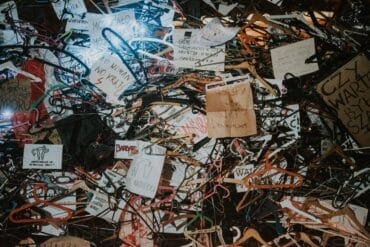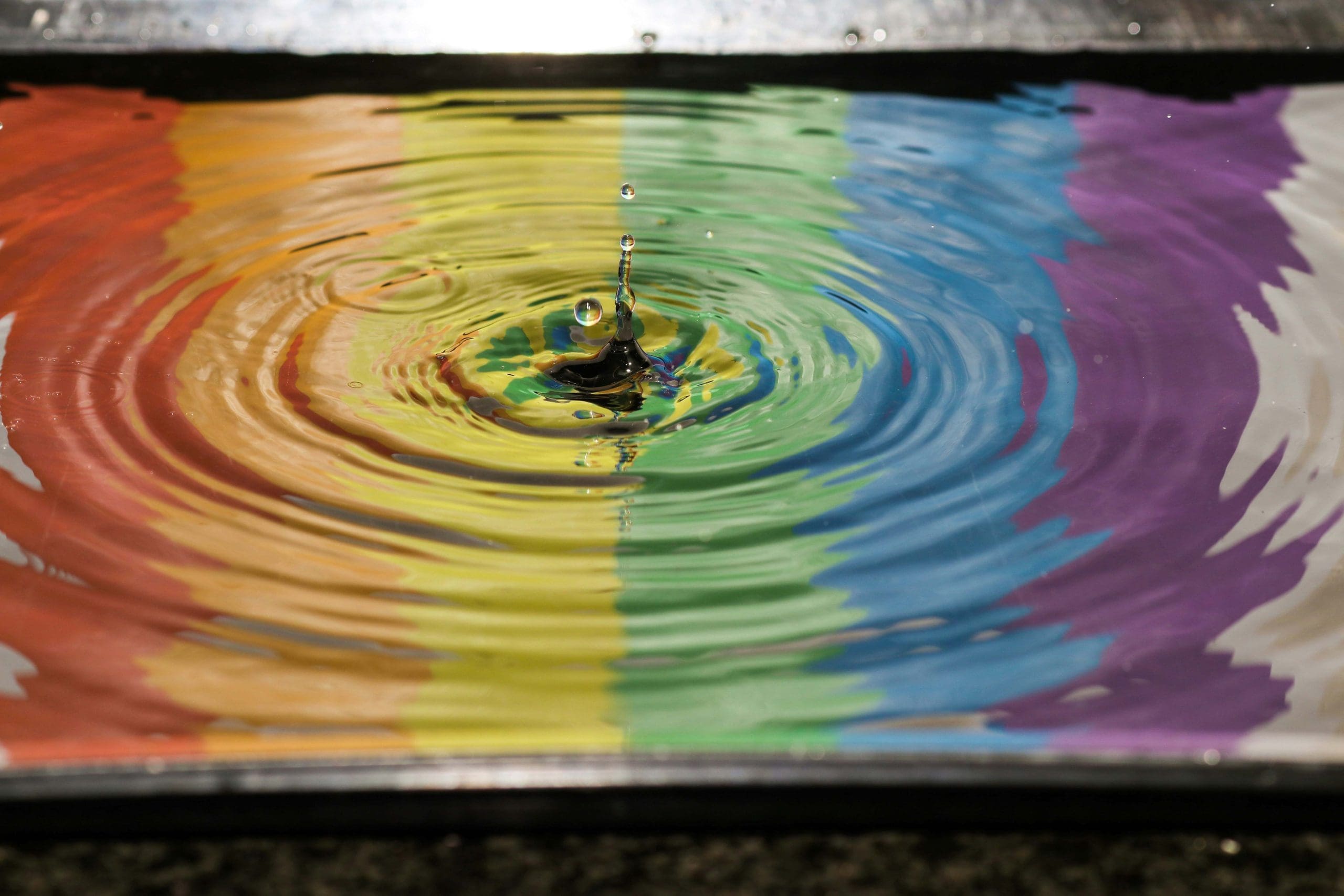Being Bi: Craving Acceptance in a Divisive Culture War
Author’s Memo
The war between conservative and queer communities rages on, stronger than ever today. This is particularly significant to me because, being a cisgender white bisexual male, I am caught between the conservative community, in which I was raised, and accepting my identity and embracing a new community. This war, both externally within our culture and internally within my mind, has led to life-long anxiety, repression, and a sense of having no community to call home. As I discuss my first queer event, a book discussion about a queer young adult book, Canto Contigo, I will explore my anxieties about my sexual identity, and the repercussions of this community warfare. I hope this discussion will bring healing and acceptance for myself and others who feel they cannot be their authentic self within society.
‘The war between conservative and queer communities rages on, stronger than ever today.
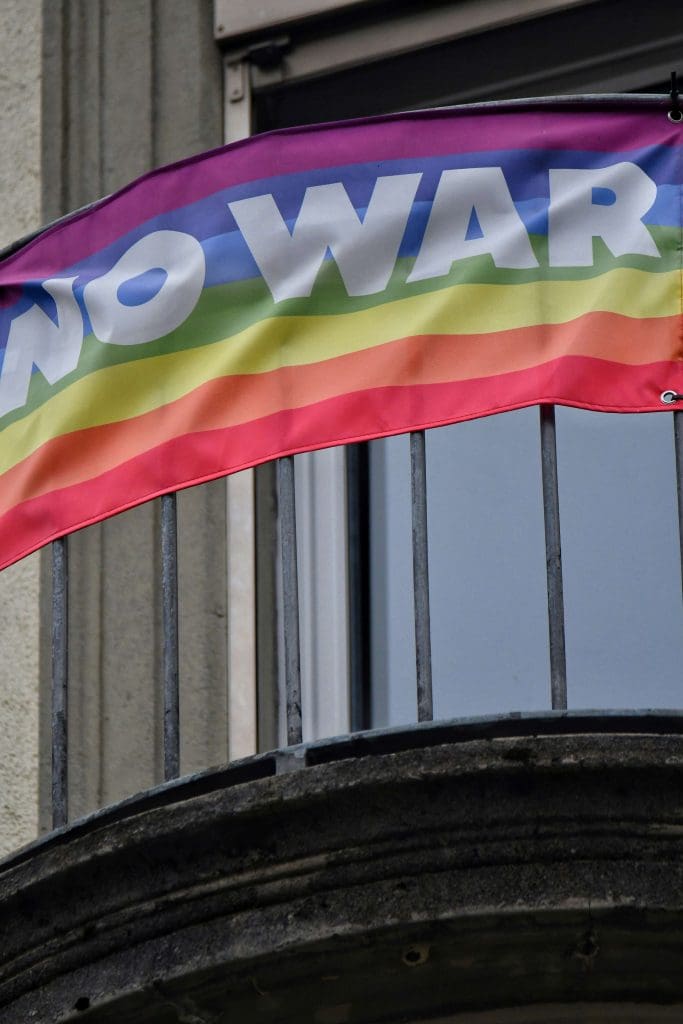
Looking back on the book discussion event I attended two hours ago at a local bookstore in Houston seems strange to me now. At 39 years old I joined in on my first queer event; I had the honor of meeting Jonny Garza Villa (they/them) in person during their book discussion of Canto Contigo at a local bookstore in Houston, TX. The bookstore is quaint with a mystical wooden front door that leads into a shop filled with wonderful tales and people.
Tonight’s book discussion contained a diverse group of readers: queer supporters, transgender adults, gay couples, teachers and educators, and me—the bi guy in the room sitting nervously in a comfortable leather chair trying not to make eye contact with too many people. I grew up in Alabama so I am more comfortable in a church pew than attending a simple book discussion with members of the queer community, even though I identify as a bisexual cisgender white male. I have to laugh at myself and the irony.
‘As I discuss my first queer event, a book discussion about a queer young adult book, Canto Contigo, I will explore my anxieties about my sexual identity, and the repercussions of this community warfare.
“Why am I so nervous?” I thought to myself as I drove to the bookstore and parked my car. I should be excited to finally take part in an event with people whom I identify with and enjoy my first time socializing with these diverse individuals. There is an entire Pride Parade and thundering celebration going on in downtown Houston at this moment and I’m nervous about being at a book discussion with the queer community.
However, upon reflection, that’s the point. This is the first time in my life joining in on a queer event and discussing a queer young adult book about two seniors in high school overcoming obstacles such as grief and queerphobia. Before this event, I’d never openly stood amongst a crowd of people who identified as queer and who also knew that I was a member of this community simply by being present at the event.
Queer Young Adult Book Discussion
As I sat in that, surprisingly comfortable, brown leather chair, I kept waiting for the panic attack to begin; however, the ceiling fan was a Boeing 747 jet engine and blasted me with cool air keeping me from losing my nerve. Everyone settled in and took their seats while the event organizer discussed the agenda for the short evening. Soon, Jonny Villa and Sim Kern, the author of The Free People’s Village, walked into the room and took their seats at a table in the front with their books on display. Sim led the discussion, which included several pre-submitted questions by the attendees.
The discussion was great, especially for me—a creative writing student and a huge fanboy of the book as I connected with its story on so many levels personally—from grief to sexuality. After Sim finished leading the discussion with Jonny about the characters, their inspirations, etc., the audience asked additional questions. The group discussed Jonny’s grandparents’ influence on their writing, how the publishing industry has received their book about the Mexican and Chicano communities, and how the Mariachi Calavera provided a unique addition to the story narrative. Overall, the experience was wonderful, and I enjoyed listening to every minute of the discussion.
Accepting being Bi?
After the discussion ended everyone lined up for the book signing. I thought I would be more anxious and nervous about meeting Jonny who wrote a book that hit so close to home for me on so many personal issues. However, I couldn’t help but grin like a cheesy Cheshire cat—although when the event coordinator asked if I wanted a picture, I embarrassingly handed over my phone. “OMG!” I thought to myself.
I loathe taking pictures, but I wasn’t about to pass up an opportunity for a photo as this was such an inspirational moment for me, my identity, and my creativity as a writer. Jonny, and everyone at the bookstore, were supportive of my desire to grow my creativity and pursue my novel project. This was an emotional event for me; I had no idea how much it meant at the time, and that it would help me reconcile the past and accept myself.
‘This event was emotional for me…
So, nothing crazy happened; divine lighting didn’t strike me, and no one made fun of me. Despite my anxiety and an occasional skip in my heartbeat, I felt surprisingly comfortable in this community of people who just wanted to enjoy an evening discussing an amazing book. Everyone accepted each other for who they were with no judgments or preconditions. I was allowed to be me—a husband, dad, and, yes, bi! Even though my sexuality is only one aspect of my life, it’s easy to become hyper-focused on it.
I’m constantly on guard; I don’t want to be a trope or stereotype within a hetero-hegemonic dominant society. I live within a community that judges me because of my sexuality. Yes, I like to kiss women, but, did I mention, I’ve kissed a man—OMG! Being with the queer community tonight was a much-needed experience. I went from sitting nervously in that comfortable brown leather chair to talking to other participants, laughing with them, talking with the staff about current events, and my journey. I even had the pleasure of meeting Jonny and being inspired to continue writing.
Being Bi and Communities at War
Thirty-nine years old…I had to be 39 years old before I could muster the courage to attend my first event with the queer community; this made me realize that I haven’t dealt with all that I am. That’s okay because we all have our journeys and stories about dealing with identity. But being in that community tonight, I grew even more as an individual, and I think that the queer community helped me love myself a little more, know myself a little more, and feel normal and legitimized. We are who we are, although sometimes it may take longer to accept ourselves—to love ourselves.
For me, this is where the conservative community, in which I was raised, converges with the queer community—in my heart and mind. I’ve spent my entire life attempting to reconcile my identity in this war. Even today, I ask myself: “How do I accept being Bi and exist in a community that, traditionally, does not accept my identity?”
Reconciling the Pain
Upon reflecting on this question, I must come to terms with the pain and frustrations I feel from the conservative community. I must continue to work on accepting myself and forgiving that community so I can have peace and I will never fully accept myself and who I am until I move on with my life; I must confront living as a member of both communities. I was raised in the conservative community, but I have broadened my knowledge to include the realization that I have support within the queer community. There was no hate that night at the bookstore, only acceptance and equality—I was myself.
Yes, the people who love me and that I love who are in the conservative community may not accept the entire “me,” but I can grow beyond that requirement—I can lay down my battle axe. Now, I have a new community. I used to believe in the stereotypes placed on the queer community that are blasted on social media and sensationalized. However, what I experienced that night at the bookstore was not a community of unbridled lust and hedonism; instead, it was a community of love and acceptance. Letting go of the past and embracing myself and my future as the full me is how I will reconcile these two communities that make up my identity—that’s where I’ll find peace.
‘Thirty-nine years old…39 years old before my first event with the queer community made me realize that I still haven’t dealt with all that I am.
Credits
Featured Image by Jordan Mcdonald for Unsplash
Image by Peter Steiner 1973 for Unsplash No War
Learn More
New to autoethnography? Visit What Is Autoethnography? How Can I Learn More? to learn about autoethnographic writing and expressive arts. Interested in contributing? Then, view our editorial board’s What Do Editors Look for When Reviewing Evocative Autoethnographic Work?. Accordingly, check out our Submissions page. View Our Team in order to learn about our editorial board. Please see our Work with Us page to learn about volunteering at The AutoEthnographer. Visit Scholarships to learn about our annual student scholarship competition
R. Adam Wright grew up in Alabama and was raised in a traditional Protestant household. He attended The University of Alabama at Birmingham and majored in Social Psychology, opening a world of diversity and understanding about himself, society, and culture. After earning an MBA and spending almost 15 years working in corporate America, he pursued his dream of teaching and academic research. He is currently pursuing a Master of Humanities in Creative Writing and seeks to understand how video game story narratives impact the queer community and minorities. Specifically, his goal is to illuminate personal and community experiences of gender and sexual identity through the evolution of the video game story narrative and queer character representation. Contact: radamwright84@gmail.com, wrightra@tiffin.edu


